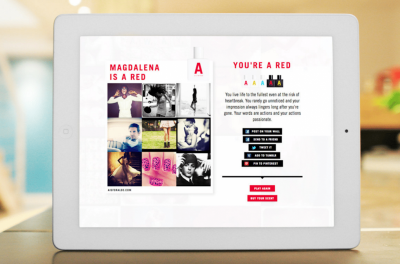Personalization
Personalized Products: How Nike, L’Oreal and Levi’s Are Taking Personalization to the Next Level
January 23, 2020
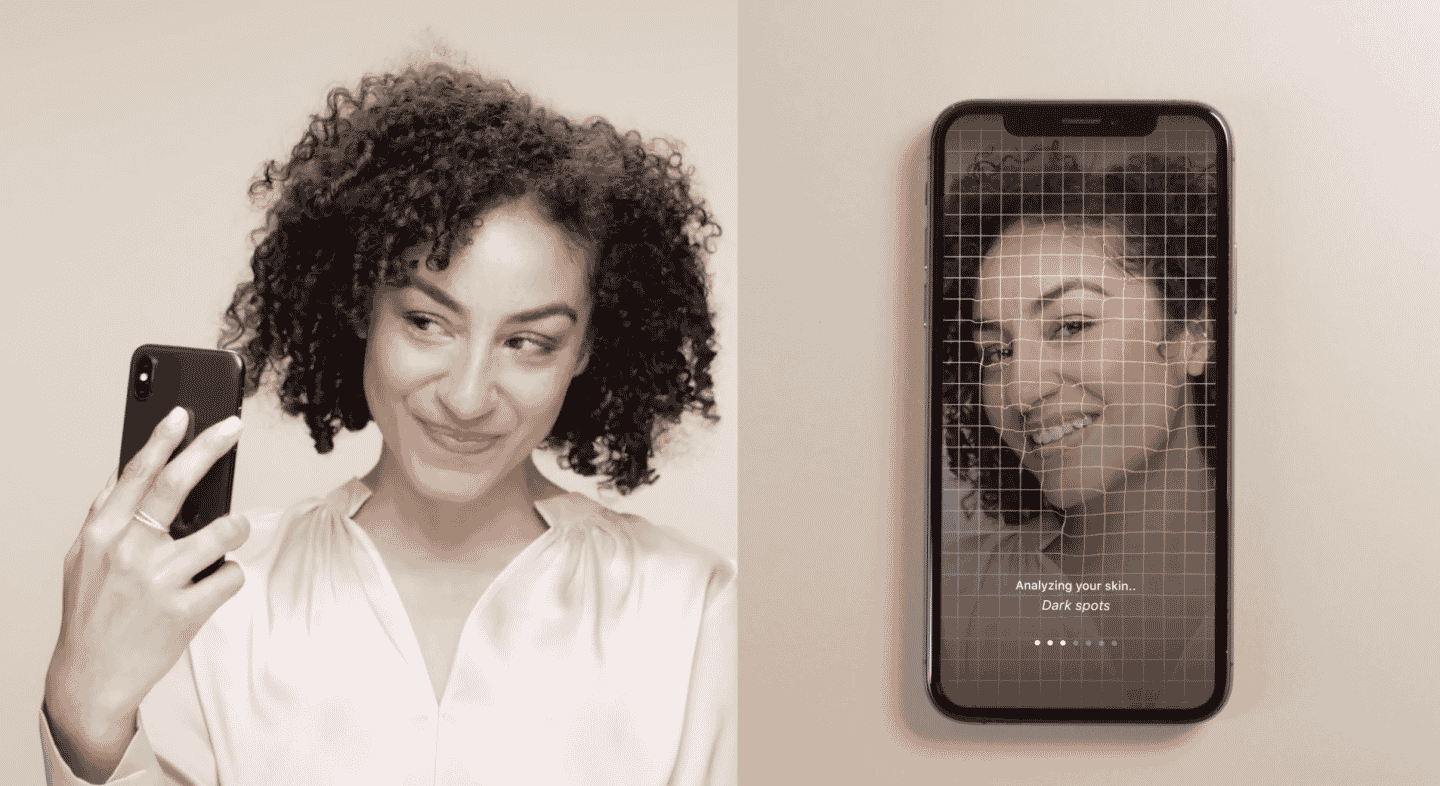
A few years ago, it was the “year of mobile.” While smartphones weren’t yet making up the majority of ecommerce traffic, they were slowly but surely proliferating every aspect of the customer experience. And as more brands started thinking in mobile-first terms, the top performers were already onto the next phase. That’s where SVP of Marketing Jason Grunberg believes we are with personalization.
Last year, Boston Consulting Group and Google found that consumers are 110% more likely to add additional items to their baskets when a shopping experience is highly personalized. And yet, many retailers fail to personalize their marketing communications, largely due to poor customer data management. However, leaders like L’Oréal and Nike have already moved onto the next frontier: personalized products.
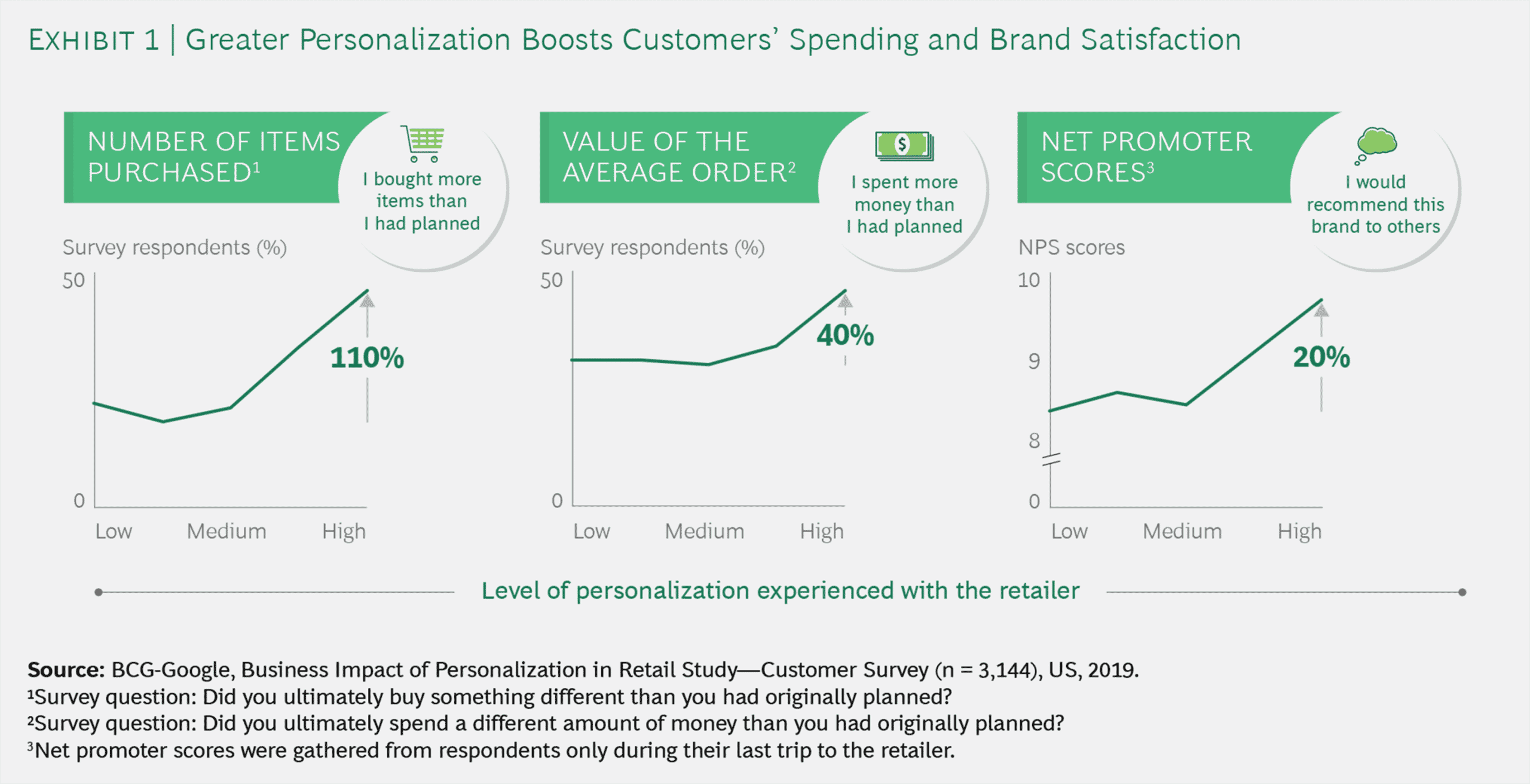
L’Oréal: Bringing Personalized Products to the Home
Personalization is inherently important for beauty brands, whose products are designed to look different on everyone who puts them on. L’Oréal is taking that to the next level with Perso, a home device the beauty giant debuted at the Consumer Electronics Show in Las Vegas earlier this month. Much like the in-store D.O.S.E, L’Oréal uses in-app face-scanning technology to analyze consumers’ skin, alongside environmental factors such as humidity where they’re located. Using robotics, Perso blends personalized skin care products on demand.
According to L’Oréal’s Head of Technology Incubator Guive Balooch, “Perso uses AI to optimize the formula and actually gets smarter as you use it.” Future personalized products include foundation and lipstick, aided by real-time trend information and color-matching technology, enabling people to design lipstick shades to match their skin that also are trending on social media at the moment.
Nike: Determining the Perfect Fit with Computer Vision
One of just three brands to earn a perfect mobile score on Sailthru’s third annual Retail Personalization Index, Nike’s suite of apps go far beyond push notifications and a preference center. In 2018, Nike acquired computer vision firm Invertex and incorporated the technology into its app. When people point a smartphone camera at their feet, Nike Fit scans them with a combination of computer vision, data science, machine learning and artificial intelligence. This results in a digital foot morphology based on 13 data points, not just length and width.
Nike then applies that to its shoe designs, which vary from one category to the next. Casual sneakers don’t need to be as tight as soccer cleats, for example. For Nike, this approach goes beyond personalized products. It gives the sportswear giant valuable data for a more robust recommendation strategy in the long term.
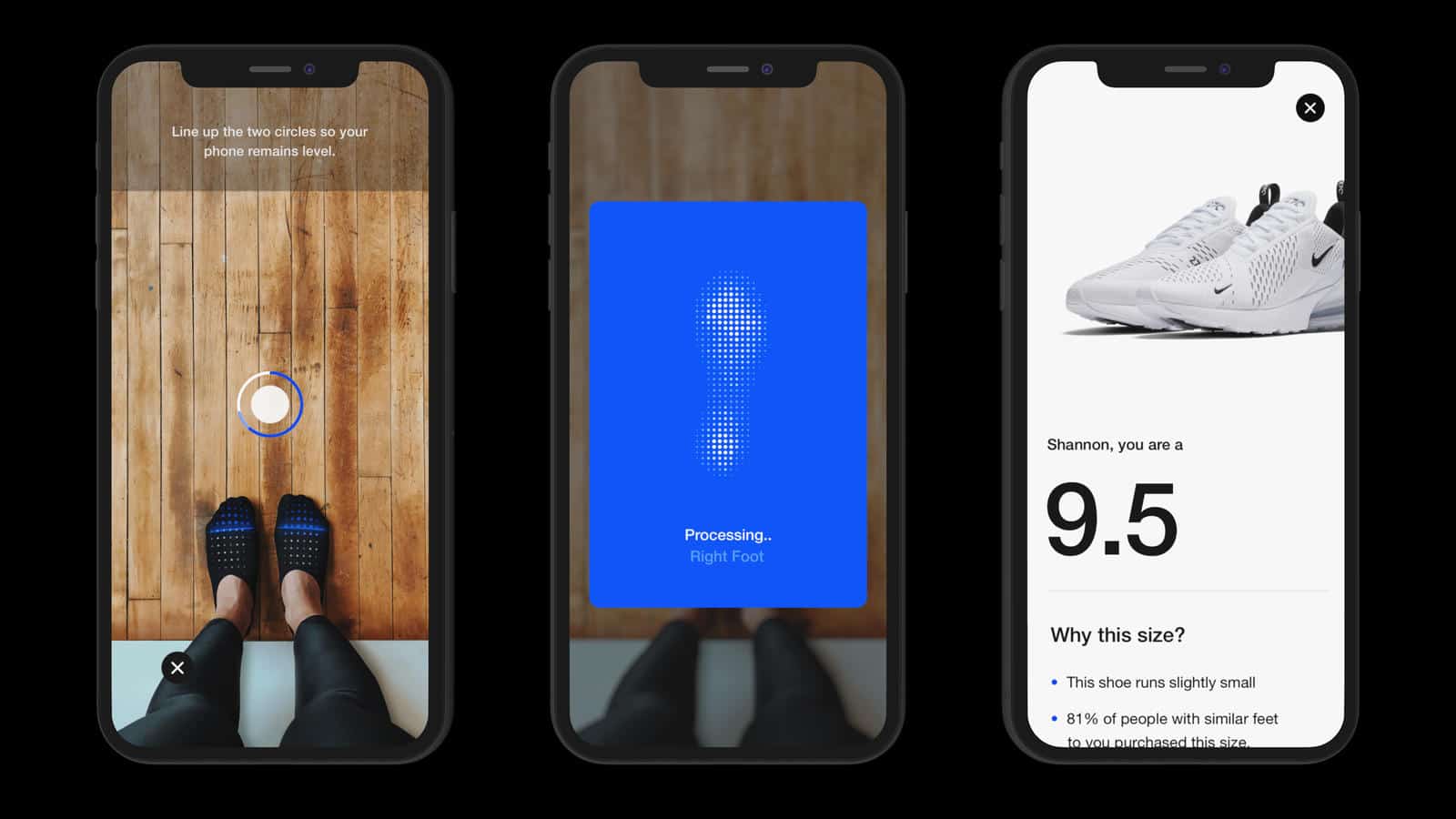
Levi Strauss & Co.: Connecting Clothing to the Cloud
Google named its Project Jacquard for a strand of yarn that combines thin, metallic alloys with more traditional materials such as cotton, polyester and silk. Strong enough for any industrial loom, Jacquard enables these conductive yarns and sensor grids to be woven into fabrics. Though small and discreet, Jacquard yarn strands are sensitive to the touch, wirelessly transmitting touch and gesture data online.
In other words, retailers can work with Google’s Project Jacquard to create smart, and ultimately personalized, clothing. Levi Strauss & Co. may not have made the cut on our Retail Personalization Index, but where Levi’s lacks email and mobile personalization, the retailer was an early adopter of personalized products, launching connected jeans back in 2015. More recently, Levi’s embedded Jacquard sensors into the sleeves of its iconic denim jackets, which connect to an accompanying app. Wearers can play music, take pictures, answer calls, and hear from Google Assistant, just to name a few.
Coach: “Creating” Mass Customization
Whether in-store or online — and in China, even on WeChat — Coach Create allows shoppers to customize products such as bags, sneakers and wallets in a million different ways. On bags, this means changing colors and straps, adding embellishments and choosing their positioning. Increasingly popular among luxury retailers, this practice is known as mass customization, combining benefits of traditional craft production with the efficiency of modern-day marketing.
For consumers, personalized products can boost loyalty in the form of knowing you made this. It also helps brands eliminate waste and boost profit margins, essentially “making to order” and not having to discount low-sellers. According to Pietro Beccari, former Fendi and current Dior CEO, “Mass customization is the next phase of the Internet. People want to play around and create things themselves.”
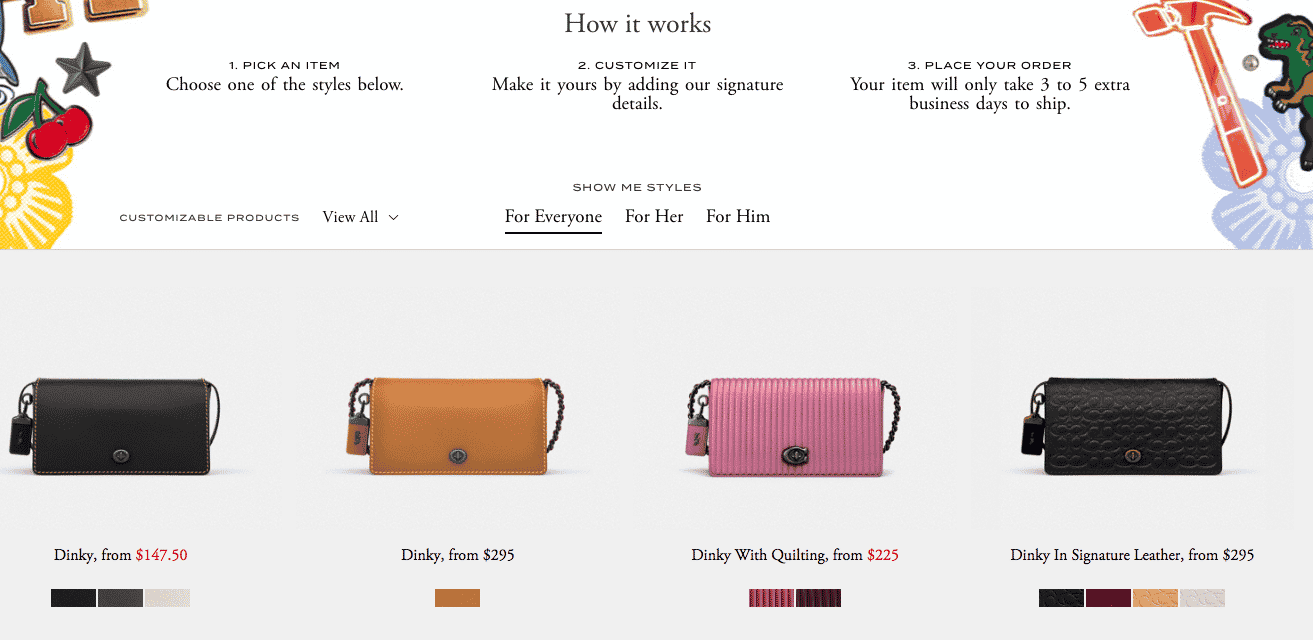
Learn more about how Sailthru can help you engage your customers with personalized experiences.
The State of Brand Loyalty in the U.S. in 2023
Related


